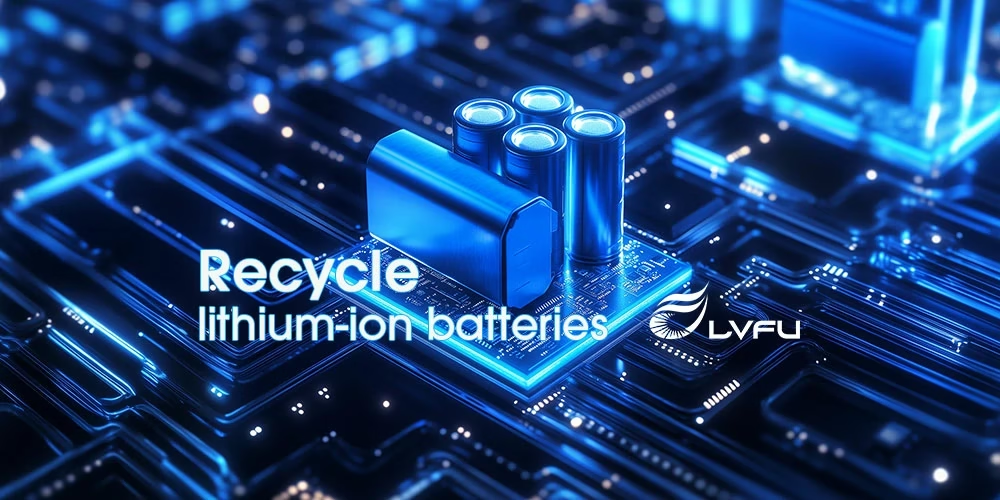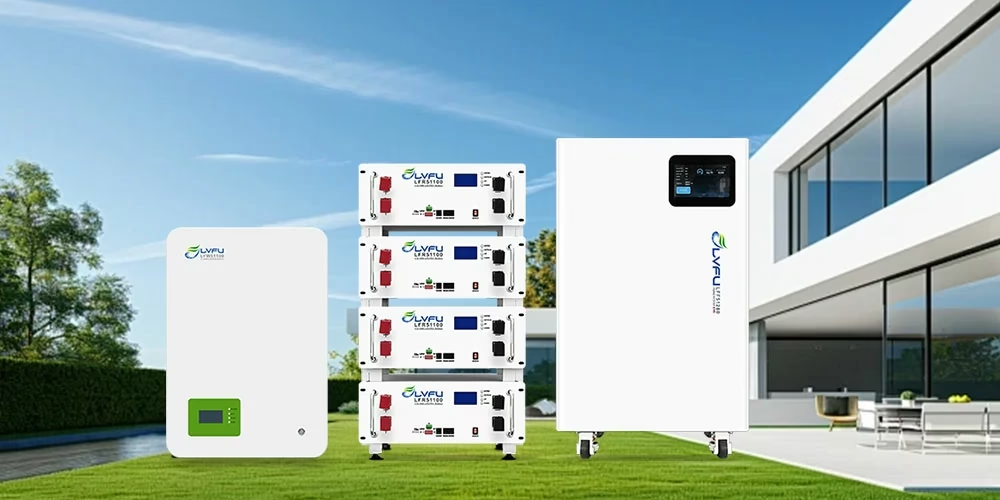
The Ubiquity and Short Lifespan of Lithium-Ion Batteries
Rechargeable lithium-ion batteries power our phones and tablets, run our electric cars, and help us travel from point A to point B. However, the devices containing these batteries can break down, and the batteries themselves typically last only two or three years. Consequently, millions of used batteries require recycling.
Rising Demand and Economic Incentive for Recycling
A recent study in the International Journal of Energy Technology and Policy introduces a new method to recover lithium and cobalt, the two primary metals in these batteries. Researchers Ataur Rahman from the Department of Mechanical Engineering at the International Islamic University Malaysia and Rafia Afroz from the Department of Economics explain that growing demand for lithium-ion batteries is increasing the prices of lithium and cobalt. This trend makes recycling not only environmentally responsible but also economically promising.
A Novel Hydrometallurgical Recovery Process
The researchers’ method, called hydrometallurgical processing, uses standard 48.8Wh lithium batteries in lab tests. First, they place the battery in an oven at 700°C to calcine it. This process burns off all organic material like plastic and foam, while leaving behind valuable metals like cobalt, lithium, and copper. Next, they use strong acids—hydrochloric acid and sulfuric acid—to leach out the metal ions. The team even tried adding hydrogen peroxide as a reducing agent to see if it would improve the process. The results showed that the process successfully extracted about 50% of the lithium and nearly 25% of the cobalt.
Promising Recovery Rates and Waste Management
Considering that lithium constitutes 41% and cobalt about 8.5% of the battery’s weight, these recovery rates are good enough to be commercially viable, even after accounting for the energy used for heating and the chemicals. Manufacturers can use the recovered metals to make new batteries or supply other industries. Furthermore, recyclers can treat any contaminated liquid waste further to ensure its safe disposal, following proper environmental regulations.


